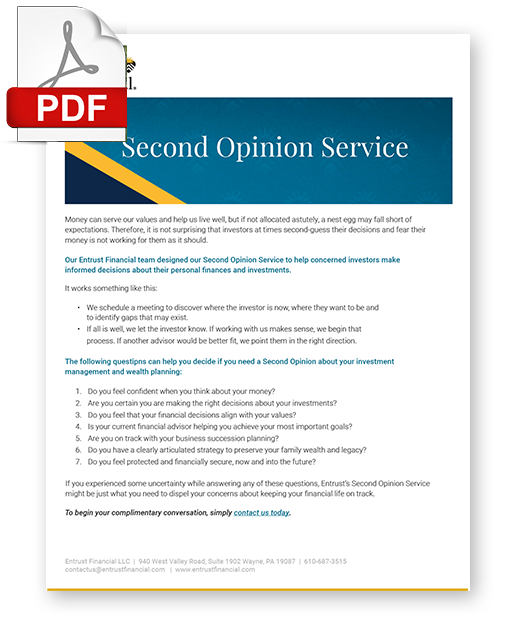Teach Your Children About Money


If you are a parent, you understand the importance of teaching your children good money skills; unfortunately, many of us are not sure where to begin.
Here are some ideas to get you started:
Help your children begin to save. Encourage your children to save a little from all the money they receive, such as allowances, birthdays, bar and bat mitzvahs, etc. Open accounts for your children and assist them with tracking their money. A couple of ideas for tracking their money would be www.mint.com or you could go the traditional paper and pencil route (it doesn’t need to be fancy).
When I was a kid my mom taped a piece of paper on our refrigerator door and that was what she and I used to track my money. I loved making that number grow! So every Christmas and birthday I would make additions; then when I got my first job the additions became more frequent. I was always saving for something but my first meaningful purchase was my car (I paid for one third of it). I was proud and protective of that car because I saved for it. Accomplishing that goal felt good.
Next, teach your children the difference between saving money for short-term and long-term goals. After your children understand the difference between short-term (purchasing a toy) and long-term goals (saving for college) help them to understand how money should be treated differently for the two types of goals. You want your children to understand that bank accounts are great for short-term goals. However, money that is geared toward longer-term goals should be invested appropriately, so that it may grow and outpace inflation.
Here is a fun tool to facilitate your conversations about setting goals and investing: https://corporate.troweprice.com/Money-Confident-Kids/files/activity-book.pdf
Teaching your children good money habits is a gift that can last a lifetime. Contact us today for assistance with this important endeavor.
Follow my blog with Bloglovin











